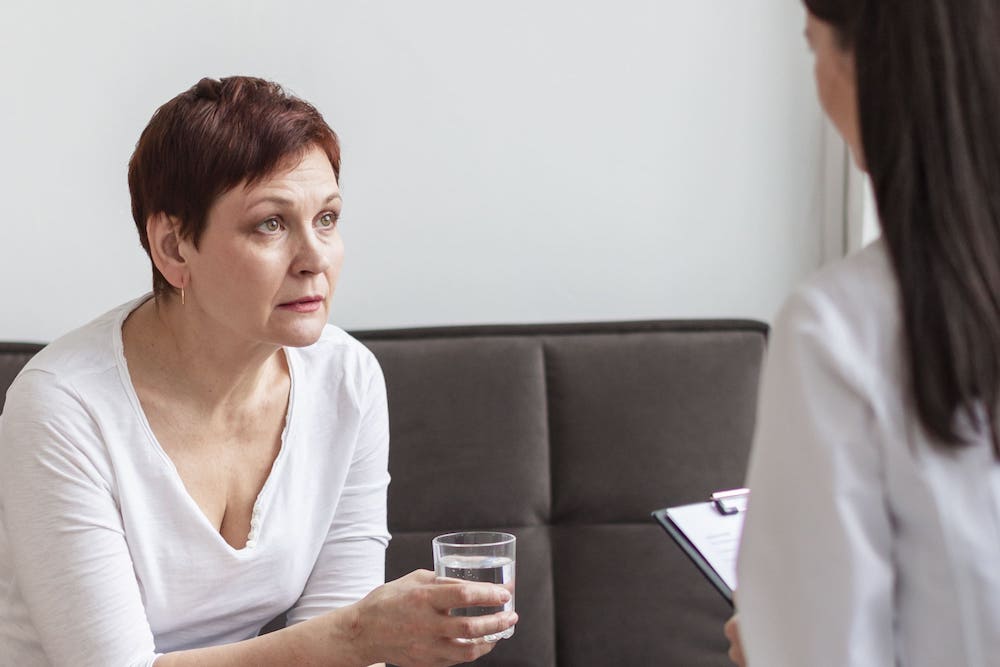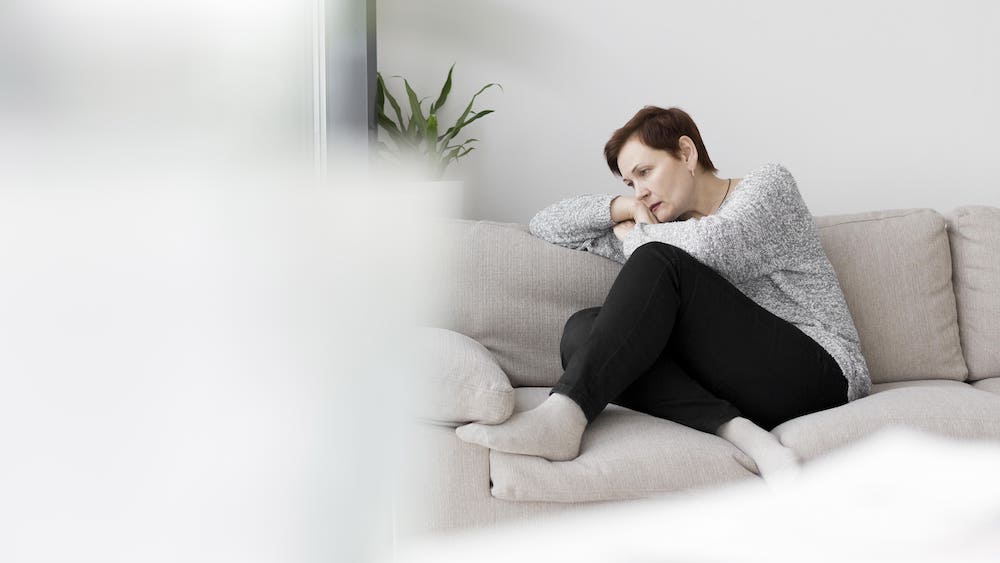
ADHD is an acronym for attention-deficit hyperactivity disorder, a neurobehavioral disorder that women hate. In most cases, ADHD symptoms might start to show from age seven and increase significantly with age.
What Is the Prevalence of ADHD in Adults?
ADHD is characterized by numerous symptoms which may be similar to other conditions. However, the most distinct symptoms include hyperactivity, impulsive behavior, and a pattern of inattention.
According to 2020 research, there were an estimated 2.58% (139.8 million) and 6.76% (366.33 million) adults with persistent and symptomatic ADHD, respectively.
ADHD Prevalence in Women
Statistics further show that men are more likely to get ADHD (5.4%) than women (3.2%). According to women empowerment advocate groups, women and girls receive less attention in the ADHD diagnosis. As a result, the statistics on ADHD prevalence in women are skewed to their disadvantage.
How ADHD Varies in Women
Despite the low prevalence of ADHD in women, their symptoms might vary from men’s. Partly, this is because women experience three different types of ADHD:
Inattentive type – The patients struggle to focus, daydream constantly, and are disorganized.
Hyperactive – Also known as impulsive, this type of ADHD makes the women appear restless and behave disruptively.
Combined – It is a combination of both inattentive and hyperactive types of ADHD.
Challenges of Living with ADHD as Women
Until recently, most studies focused on ADHD in men, leaving women in limbo. People and organizations misconstrued ADHD symptoms in women, leaving them vulnerable to trolls. The following are the major challenges that women face as ADHD patients:
Hormonal Influences
As girls grow, hormonal changes become a norm, often influencing their behavior. As the estrogen, testosterone, and progesterone levels decrease, ADHD symptoms increase significantly. Some women might become moody, restless, and less attentive, affecting their overall productivity.
Coping Mechanisms
Unlike men, who tend to manifest their ADHD symptoms easily, women suffer in silence and are often misinterpreted. Women might appear less attentive, sullen, and isolated, yet they are screaming for help from those around them. In worst-case scenarios, the internalized pain eventually leads to a mental breakdown.
Gender stereotypes
Gender stereotypes and sexual norms make it hard for women to manage ADHD. When girls show impulsivity of the condition while in a social setting, they could be labeled daydreamers. In other cases, they might be taken to hospitals and misdiagnosed with depressive or anxiety disorders.
Sexual norms and gender stereotypes also go into adulthood, making it hard for women to cope. Society expects women to be tidy, organized, hygienic, and feminine. Women have been living by these rules even when they are sure they are battling severe ADHD symptoms.
ADHD and Menopause. Can menopause make ADHD worse?
As ADHD women approach menopause, they experience numerous changes in the symptoms. Different women cope differently with ADHD when they get to menopause; thus, there is no distinct set of ADHD symptoms for women at menopause.

Perimenopause
Perimenopause is a period just before menopause and is crucial for understanding the correlation between menopause and ADHD. The period is characterized by irregular periods and low estrogen levels. The common symptoms of perimenopause are depression, less attention to detail, and amnesia.
In some cases, the symptoms might take a long to diagnose, while in other cases, they overwhelm women, affecting their productivity significantly.
Menopause and ADHD
Menopause makes the subtle ADHD symptoms clearer and more severe. In some cases, the women might struggle to concentrate on small details. Once this occurs, the women start overthinking and stress about everything around them.
In other cases, the women have admitted to having experienced recurring migraines, which affected their overall productivity. Some women also admitted to being less motivated and struggling with concentration.
The testimonies from different women and preliminary studies have raised the question, does ADHD get worse with menopause? Although the ADHD symptoms might be similar to those experienced during menopause, a combination of both can be overwhelming. If left unchecked, some women might get a mental breakdown from the ADHD-menopause symptoms.
How to Manage ADHD in Women at Menopause
Managing ADHD can be an uphill task for women during menopause due to the constant emotional outbursts. However, following these tips can help women control the severity of the ADHD symptoms in menopause:
Regular exercise
Women diagnosed with ADHD are encouraged to exercise to shed weight gain, which kicks in during menopause. Besides, exercising clears the mind and makes women more productive.
Take Supplements
Women are also encouraged to take nutritional supplements that effectively manage and boost immunity. During menopause, women’s bodies become deficient in vitamins A and D, as well as fatty acids and minerals such as zinc, lowering their immunity. If you suspect you have a deficiency of such symptoms, you should talk to a doctor or nutritionist and take supplements.
Adopt Cognitive Behavioral Therapy
Cognitive Behavioral Therapy (CBT) comes in handy in regulating emotions and moods, which tend to go overboard during menopause.
Change Diet
Adopting a Mediterranean diet composed of plant-based foods can suppress symptoms associated with ADHD and menopause.

Monitor Blind Spots
As you approach menopause as an ADHD patient, it might be hard to monitor every aspect of your body. You can monitor the blind spots by:
- Ability to complete all tasks.
- Having a strong memory.
- Ability to make a good plan.
- Ability to manage emotions and moods.
Consult a Doctor
Before you start any medication for managing ADHD or menopause, it is important to seek the input of a doctor, especially a gynecologist. Your gynecologist will identify the right regimen for managing all symptoms without side effects.
Managing ADHD and menopause at the same time is a tall order, given that the combination has been less researched. The risk of misdiagnosis is high, which puts the lives and health of women at risk. However, the tips above could help you know your body better and act accordingly. If you are positively diagnosed with either or both, you should use the tips above and follow all prescriptions fully. It is time to effectively manage ADHD in perimenopausal and menopausal women.